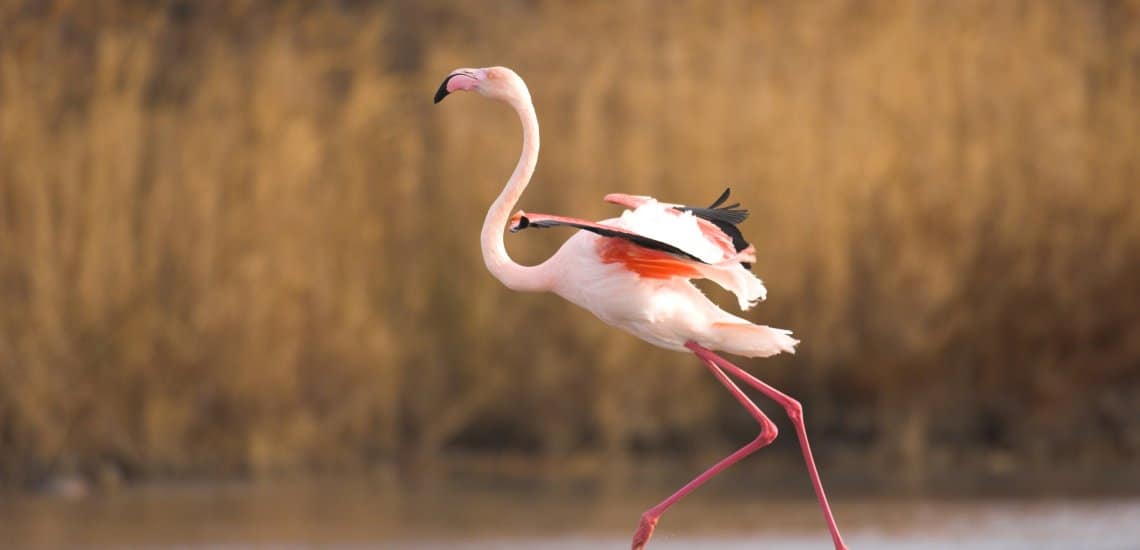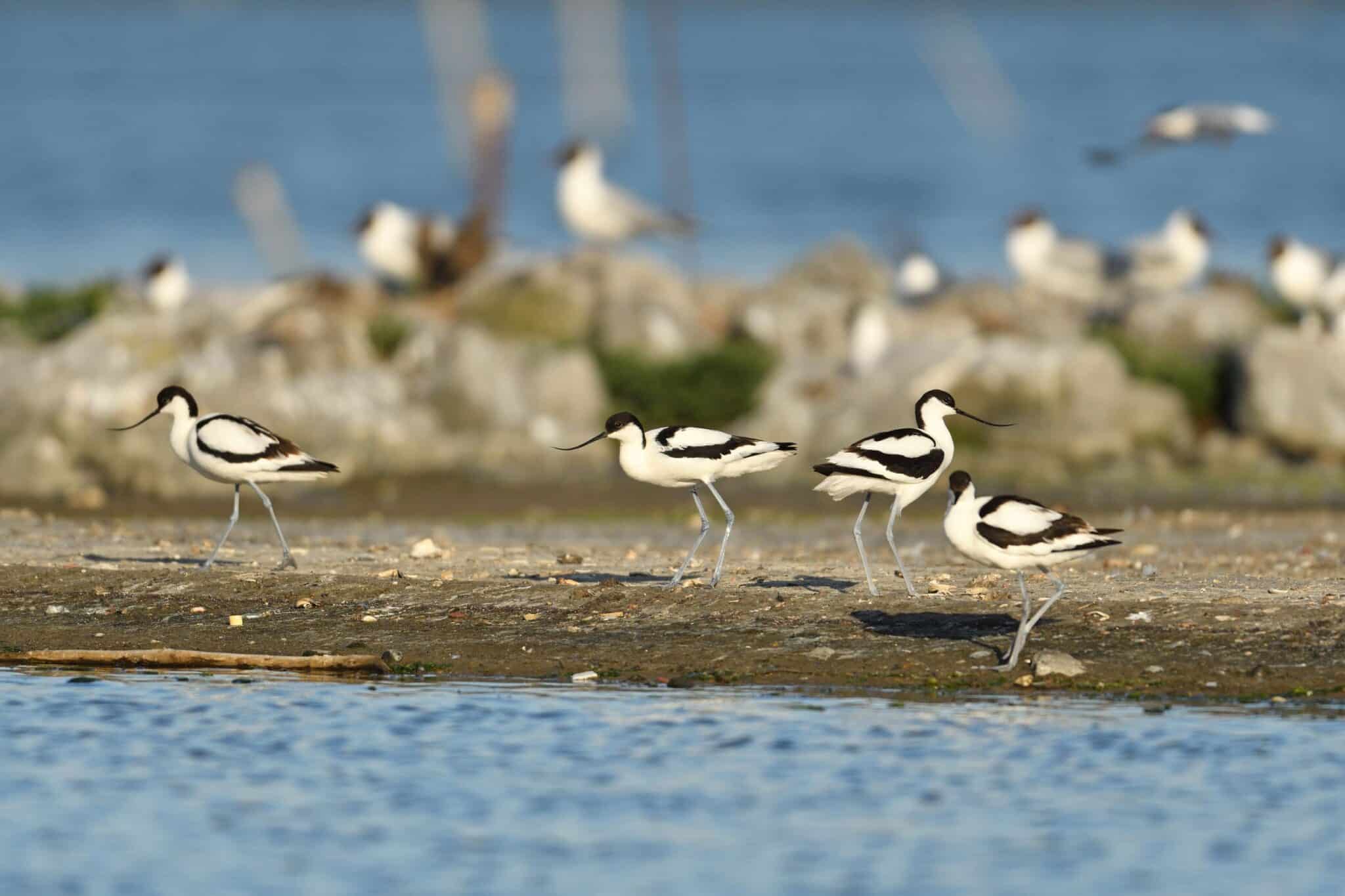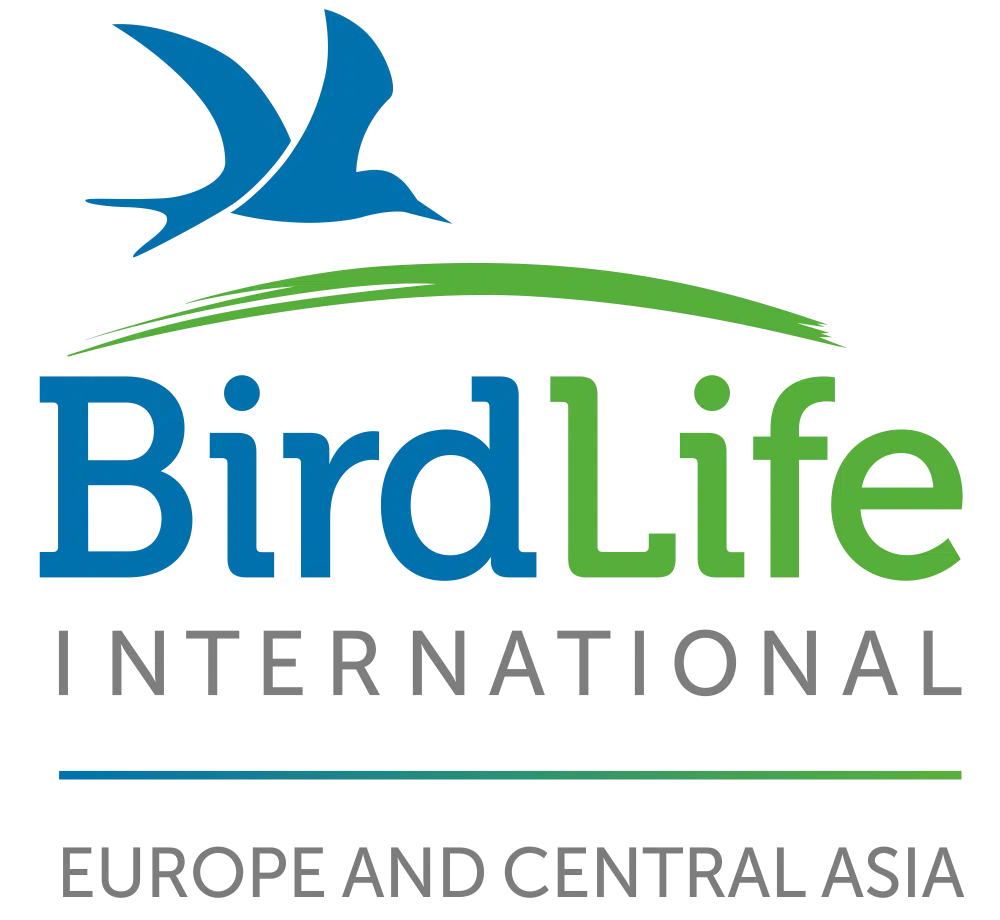The fight against lead poisoning
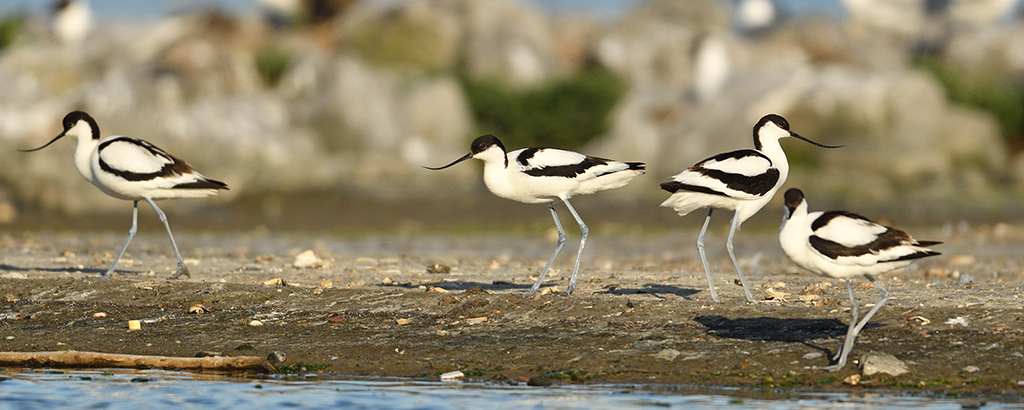
Lead is a toxic pollutant, and yet it’s still being spewed into our environment through hunting, sports shooting and fishing activities. Here we’ll bring you up to speed with the latest in the fight across the UK and EU to consign this poison to the history books!
This article is written by the RSPB’s Imogen Taylor, Species Policy Officer and Fiona Dobson, International Policy Officer, about the campaigns in both the UK and EU to tackle the dangerous use of lead ammunition. It was originally published here.
It has been known for a long time that lead is a harmful poison both for people and nature. The RSPB has been advocating for a long time with other organisations, both domestically and internationally, to secure a ban on lead ammunition.
A prolific pollutant
It is estimated that each year around 44 000 tonnes of lead is dispersed into the EU environment from shooting, hunting and fishing. If the current releases of lead from these activities continue, approximately 876 000 tonnes of lead would be released to the environment over the next 20 years. And in the UK, an estimated 6,000 tonnes of lead shot and ammunition is dispersed annually – equivalent to the weight of 1500 Asian elephants. That is a huge amount of a substance that has been banned from most other products due to the risks to people, wildlife and livestock. Even in small amounts, exposure to lead can limit the development of children, impact memory and brain function, reduce fertility and cause damage to our internal organs. Lead poisoning from ammunition ingestion kills an estimated 75,000 waterbirds per year in the UK, and around 1 million waterbirds in the EU, plus hundreds of thousands of gamebirds and numerous birds of prey.
For a more detailed background see our blog here.
Slow progress from voluntary commitments
In past blogs, we mentioned a report and scientific publication by the Environmental Research Institute and academics from the University of Cambridge that showed that in pheasants bought across the UK for testing, 99.5% of those from which shot could be recovered were killed using lead ammunition. This is despite a well-publicised commitment made by the shooting industry in 2020 to the voluntary phasing out of lead by 2025.
The most recent update of this study, published today (LINK), and three years since that commitment by the shooting industry, shows that of 235 pheasants bought across the UK from which shotgun pellets could be recovered, 94% had been shot using lead. While this is a decrease on the previous year (where it was over 99%), it is not happening at anywhere near the rate needed to make the change in time.
Policy change is urgently needed
It’s clear that the impact of most voluntary schemes is limited, and act as a poor tool for delivering public policy objectives (see RSPB research here). Legislative change is what is really needed to address the problem. Recently there has been some progress to push forward legal bans, but there is still a long road ahead.
The UK picture – potential for progress
While the use of lead shot over wetlands has been banned in UK countries for many years (although compliance has been low), the UK Government is now considering a further ban on the use of lead ammunition to protect wildlife beyond wetlands as part of new plans under ‘UK REACH’. The results of this process would have effect in England, Scotland and Wales, as in Northern Ireland this is an issue captured by NI Protocol requirements. This process is underway; so far there has been a call for evidence, the production of a dossier and a consultation on the dossier contents. However, ‘UK REACH’ announced last month that due to a large volume of responses, the process has been extended by 6 months.
The EU picture – a momentous step forward
Just over a week ago, we celebrated a big win in our campaign against the use of lead ammunition in the EU. It is now illegal to use lead shot in European wetlands! That’s across all 27 EU member states, plus Iceland, Norway, Lichtenstein and Northern Ireland.
This law will help to save the lives of the around 1 million waterbirds which die of lead poisoning in EU wetlands each year. It’s estimated that hunters have been polluting European wetlands with over 4,000 tonnes of lead shot annually, despite the fact that there are competitively priced alternatives for ammunition.
We’ve been working with the BirdLife Partnership to tackle the use of this poisonous ammunition for more than 20 years. This ban is a moment to celebrate! Countries have had two years to prepare for this change, so it’s time now to see this law being properly enforced. It’s vital that countries put in place proper monitoring, education, and dissuasive penalties for non-compliance.
A long road ahead to really ban lead
The fight is far from over. In Europe, the new wetland ban doesn’t cover the use of lead ammunition in hunting outside wetlands, or in outdoor sports or fishing sinkers and lures. The European Chemicals Agency is developing a second restriction which proposes a complete ban on their use, similar to what’s happening with the UK REACH process. This is vital – it’s time to stop the poisoning of our environment, for both our precious nature, and our health. But the process for this wider ban has a long way to go yet; we need everyone to make clear to decision makers that we care about this ban going through. You can find out more here.
And in the UK, with evidence suggesting voluntary approaches are unlikely to deliver the change we need, further policy action is needed. The UK REACH process has the potential to produce these legislative changes, but this is far from guaranteed. The RSPB will continue to input into the process wherever we can, applying pressure where needed to get lead ammunition banned.
We will be continuing to work closely with the BirdLife Partnership and other organisations to tackle this dangerous lead pollution both in the UK and beyond. We’ll report on progress here, including how you can take action.
Check out the lead ammunition hub to find out more about lead ammunition, its dangers, and what can be done to tackle its use.
Image credits:
You might also be interested in:
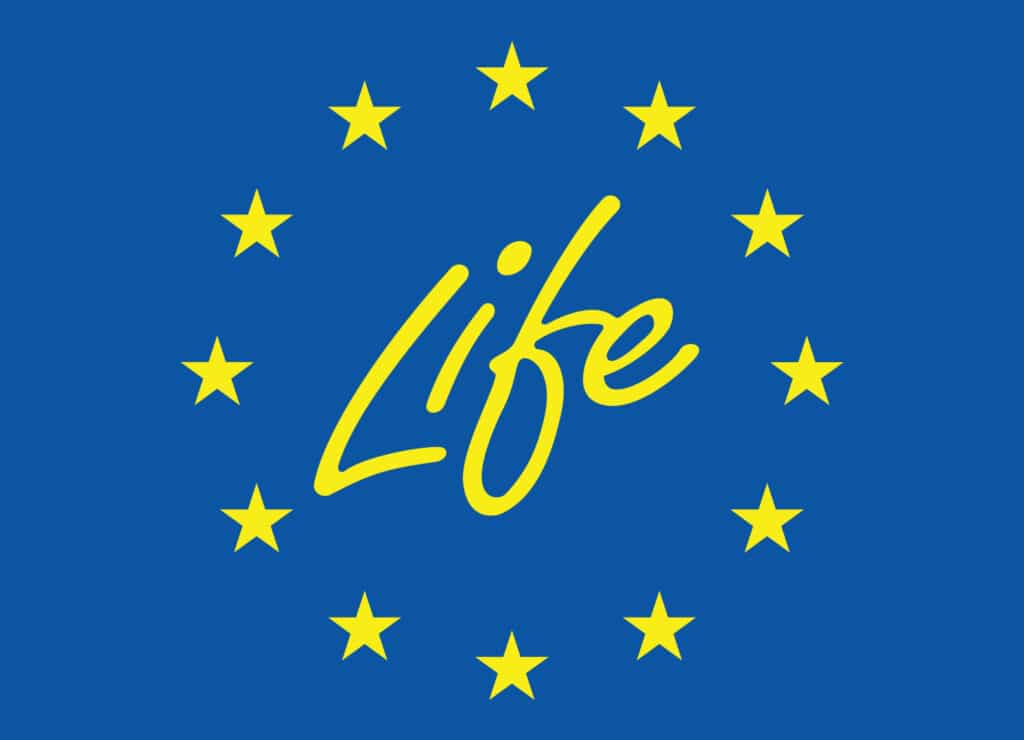 | Stichting BirdLife Europe gratefully acknowledges financial support from the European Commission. All content and opinions expressed on these pages are solely those of Stichting BirdLife Europe. The European Commission is not responsible for any use that may be made of the information it contains. |
